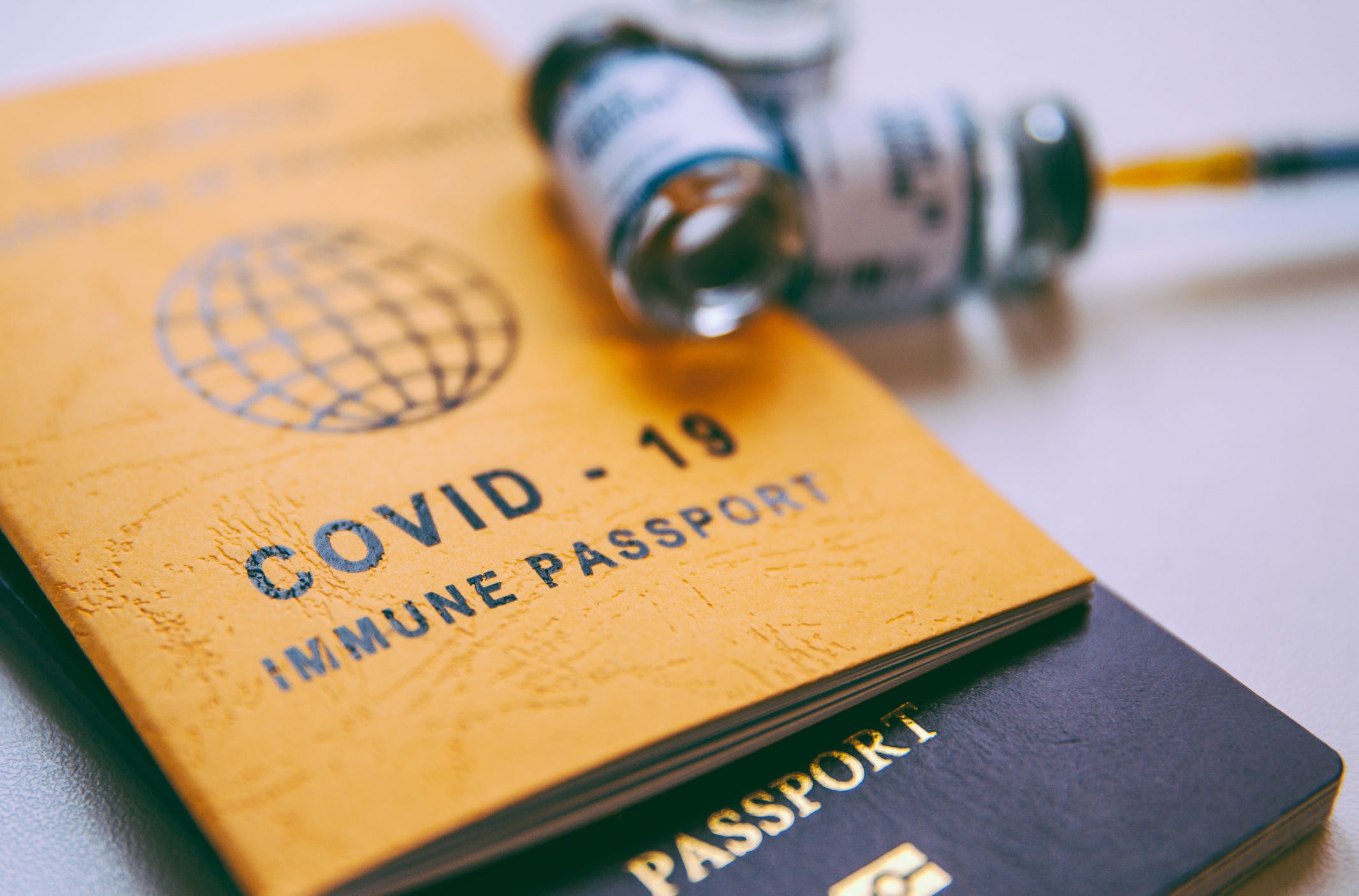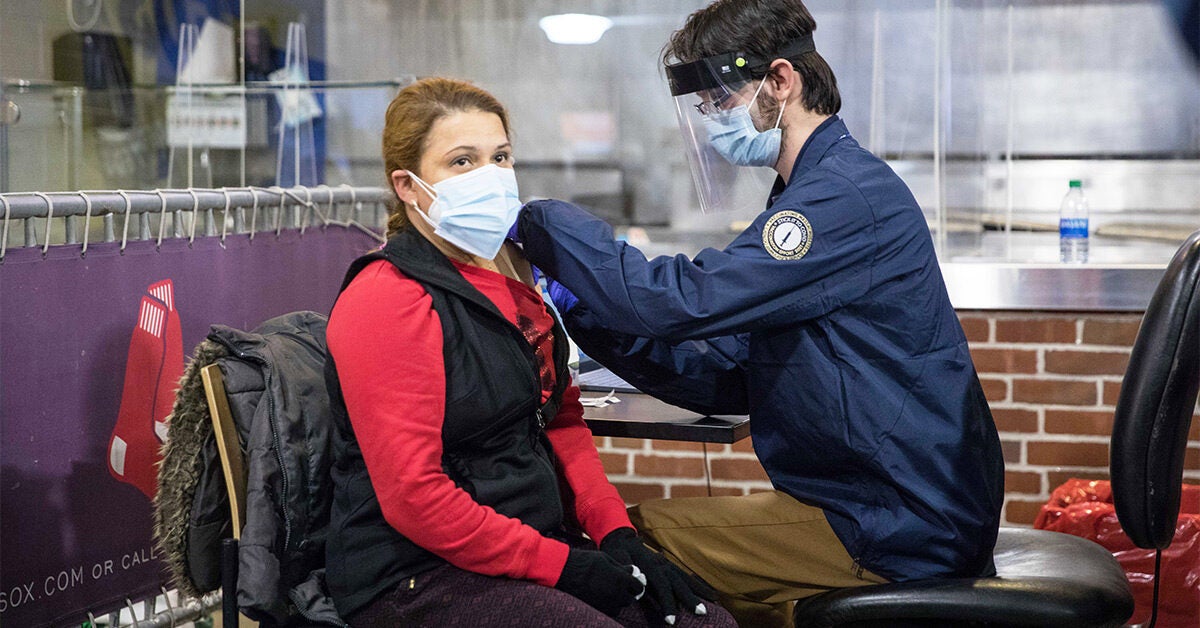


The problem occurs more often in adolescents (teens) and young adults, and in males.Ĭonsidering the hundreds of millions of COVID-19 vaccine doses that have been administered, these reports are very rare. Centers for Disease Control and Prevention (CDC). Since April 2021, some people have developed myocarditis (inflammation of the heart muscle) and pericarditis (inflammation of the lining outside the heart) after receiving the Pfizer-BioNTech or Moderna coronavirus vaccines in the United States, according to the U.S. Rare Side Effects of COVID Vaccines Myocarditis and the COVID-19 Vaccines They signal that your immune system is responding to the shot and building up protection against the coronavirus. Chills and swollen lymph nodes can also occur. You might run a fever and experience body aches, headaches and tiredness for a day or two. Common Side Effects of COVID VaccinesĪfter getting vaccinated for COVID-19, you might experience some temporary symptoms similar to those you might notice when you get a flu shot, such as a sore, swollen arm where you got the shot. Lisa Maragakis, M.D., M.P.H., senior director of infection prevention, and Gabor Kelen, M.D., director of the Johns Hopkins Office of Critical Event Preparedness and Response, help you understand side effects associated with the COVID-19 vaccines. Serious or persistent side effects associated with the approved or authorized vaccines are extremely rare. for COVID-19, the side effects, if any, have been mild. For the vast majority of people already vaccinated in the U.S. Vaccination is our best tool to protect lives and stop the spread of COVID-19 in our state.It’s helpful to understand side effects before you get a COVID-19 vaccine.

Not all types of vaccines will be available at all sites. For information about COVID vaccines or to schedule a vaccination appointment visit dph.ga.gov/covid-vaccine or .ĭPH continues to stress the importance of vaccination for all Georgians aged 5 years and older. At this time, only the Pfizer-BioNTech COVID-19 vaccine is authorized and recommended for adolescents aged 5 through 17. CDC’s recommendations now allow for this type of mix and match dosing for booster shots.Ĭhildren and adolescents aged 5-17 years may receive a single booster dose of Pfizer-BioNTech COVID-19 at least 5 months after completion of the primary series. Some people may have a preference for the vaccine type that they originally received and others, may prefer to get a different booster.

Eligible individuals may choose which vaccine they receive as a booster dose. Office of Health Indicators for Planning (OHIP)ĬOVID-19 boosters are currently available through the Georgia Department of Public Health (DPH) health districts and participating providers.ĬDC recommends a booster dose of COVID-19 vaccine for all persons aged 18 or older, at least 5 months after completion of a mRNA vaccine (Pfizer-BioNTech or Moderna) primary series, or at least 2 months after receipt of the single primary dose Janssen vaccine. Pregnancy Risk Assessment Monitoring System (PRAMS) Occupational Health and Safety Surveillance


 0 kommentar(er)
0 kommentar(er)
